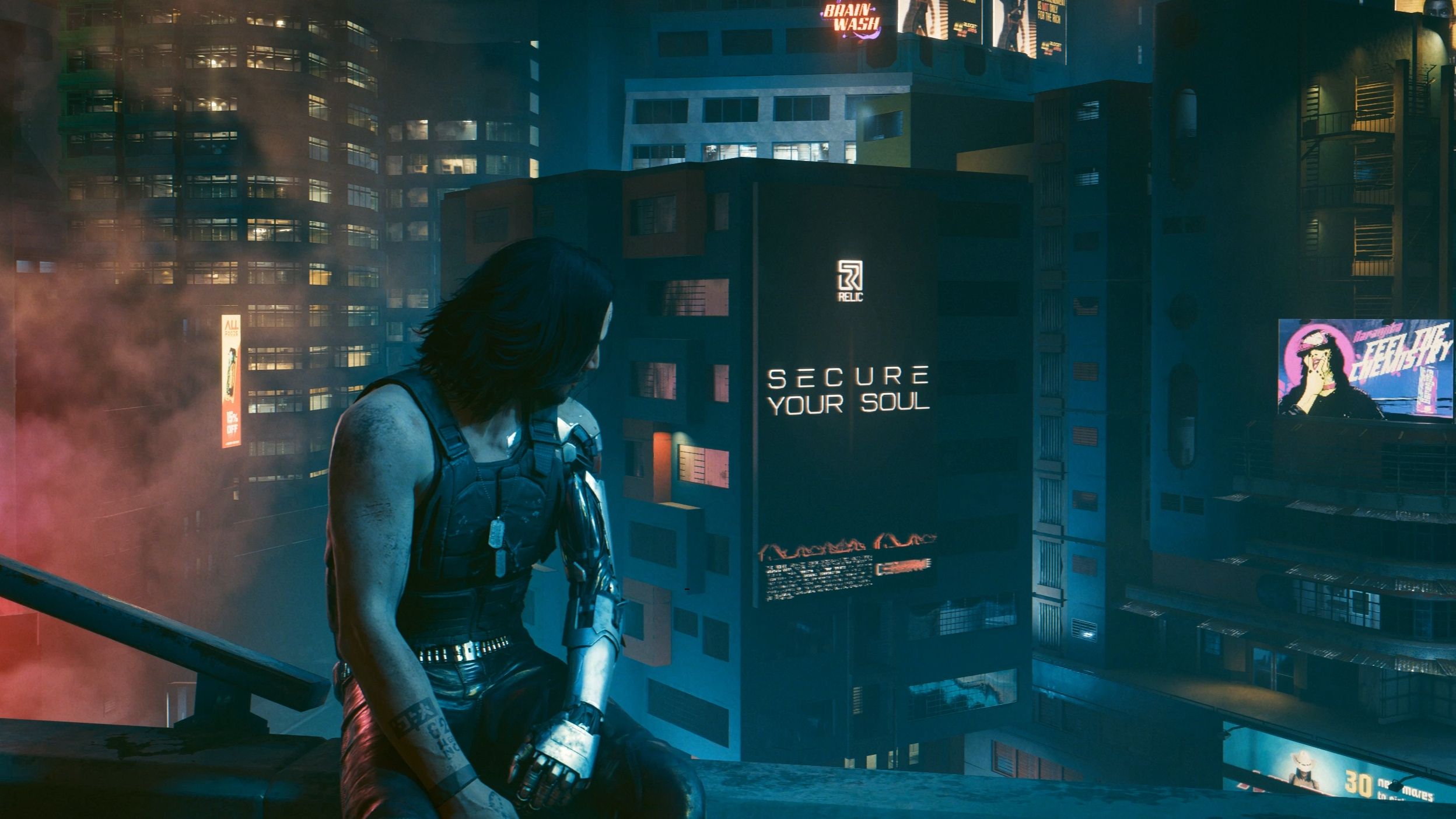Of all the phrases that have come to define the Assassin’s Creed franchise, none is more iconic or more fundamentally resonant than “Nothing is true, everything is permitted.” It is a creed of subtlety, of philosophy, of operating from the shadows to shift the course of history. For years, however, the series seemed to drift from this core tenet, embracing sprawling, action-heavy RPGs where a hidden blade often felt like an afterthought to a legendary battle-axe. With Assassin’s Creed Mirage, Ubisoft Bordeaux has not simply made a new game; they have composed a symphony—a score—that returns the franchise to its stealthy roots with profound impact. This is not a nostalgic retreat, but a refined and purposeful recalibration, a masterful execution of the series’ original promise.
The most striking movement in Mirage’s score is its structural shift. The colossal, hundred-hour open worlds of Odyssey and Valhalla are replaced by a more intimate, densely packed playground: 9th-century Baghdad. The city is not a backdrop but a character—a labyrinth of crowded souks, dusty rooftops, shaded gardens, and narrow alleys. This deliberate scale is the first and most crucial return to form. It recalls the tight, vertical design of early titles like AC1 and ACII, where every building was a potential path, every crowd a possible refuge. The map encourages mastery, not mere exploration. You learn its rhythms, guard patrols, and shortcuts, transforming from an outsider into a phantom that owns the city’s vertical space. This intimacy is the foundation upon which all other stealth mechanics are built, making the environment itself your primary tool.
And what tools they are. Mirage’s gameplay is a concerto of stealth, with each instrument playing in perfect harmony. The core loop of investigation, planning, and execution is back, feeling more focused and rewarding than ever. Basim Ibn Ishaq is not a demigod; he is a vulnerable initiate. Engaging in open combat against more than two guards is a desperate, often fatal, miscalculation. The game actively punishes brute force, pushing the player toward the shadows. This vulnerability is not a limitation but a design triumph. It rekindles the tension that made the early games thrilling—the heart-pounding panic of being spotted, the desperate scramble to break line-of-sight and vanish into a well-placed haystack.
The tools of the trade are reoriented entirely toward subterfuge. The throwing knife returns as a precise, silent killer for distant targets or noise-making devices. Smoke bombs are a essential tool for quick escapes and disorientation. Most notably, the blowdart makes a welcome return, allowing for long-range, non-lethal takedowns. Each gadget can be upgraded to provide new tactical options, such as a knife that electrocutes nearby enemies or a noisemaker that lures guards into traps. This arsenal encourages creative problem-solving. A fortified courtyard isn’t a battle arena; it’s a puzzle. Do you use a well-aimed knife to destroy a torch, plunging the area into darkness? Do you toss a noisemaker to create a distraction, allowing you to sneak past? Or do you meticulously pick off each guard from the rooftops, one by one, leaving no trace? The choice, and the power inherent in that choice, is returned to the player.

This empowerment is perfectly encapsulated in the reintroduction of the dedicated “Assassin’s Focus” ability. This mechanic allows Basim to mark and instantly assassinate multiple targets in a chain, provided he remains undetected. It is not a supernatural combat power; it is the ultimate expression of a master assassin’s planning and precision. It feels less like a video game “special move” and more like a cinematic culmination of stealth—the moment the predator strikes after a long, patient stalk. It is overpowered by design, a reward for playing the game as intended, and its presence reinforces the central ethos: stealth is power.
Beyond the mechanics, Mirage’s score resonates through its narrative and aesthetic tone. The story is a tight, personal tale of Basim’s transformation from a street thief into a Master Assassin. It is free of the mythological bloat that often overshadowed the human drama in recent entries. The focus is on the conflict between the Hidden Ones and the Order of the Ancients, a pure, ideological struggle that harkens back to Altaïr’s journey. The soundtrack, with its haunting Middle Eastern melodies and rhythmic percussion, complements the setting perfectly, building tension and atmosphere without overwhelming the moment. The color palette, dominated by dusty yellows, vibrant blues, and deep shadows, visually reinforces the setting’s sun-baked, secretive nature.
The impact of Assassin’s Creed Mirage is therefore not just that it is a good stealth game, but that it successfully argues for the continued relevance and superiority of the stealth genre within its own franchise. It demonstrates that in an age of expansive RPGs, there is still a powerful, hungry audience for a focused, experiential title. It proves that “less” can indeed be “more”—more tense, more immersive, and ultimately, more authentic to the fantasy of being an assassin.
Mirage is a love letter, but it is also a thesis. It posits that the soul of Assassin’s Creed was never in the scale of its map, but in the depth of its systems; never in the power of its heroes, but in the fragility of them; never in the spectacle of combat, but in the silent, devastating impact of a single, perfectly placed blade from the darkness. By returning to these principles and refining them with modern sensibilities, Ubisoft Bordeaux hasn’t just made a prequel. They have re-centered the entire franchise, providing a clear, impactful blueprint for what Assassin’s Creed can—and perhaps should—be. Nothing is truer than the power of a shadow, and in Mirage, everything is permitted to those who master them.














